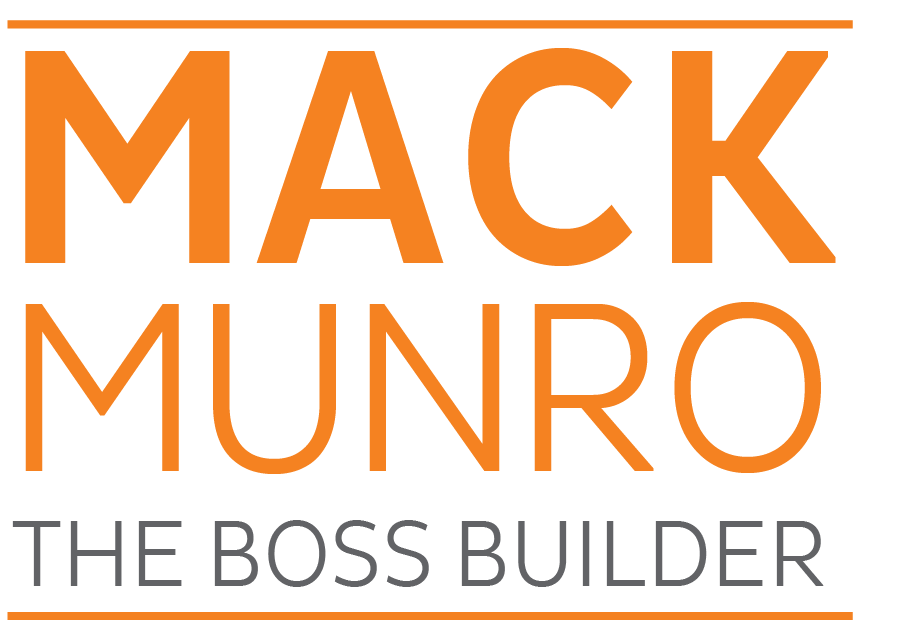Time management is one of those areas that all of us struggle with. I’ve been asked to teach time management seminars and I’ll always caveat my agreement that “you can’t manage time, just your ability to work within it.”
I recently worked with a team that struggled with competing priorities which lead them to be operating in a constant state of crisis. While listening to them, my mind wandered back to some of the training I had while in the Navy many years ago. My rating was Dental Technician. In peacetime we served aboard ships and in clinics taking care of the dental needs of patients. In wartime however, we were either sent operational on ships or augmented the medical teams with the Marine Corps units. Our counterparts, the Hospital Corpsmen worked in this capacity full time which meant we had to bone up on casualty care treatment. It was in this context that I learned about the important concept of triage.
In wartime, casualty sorting is key. Basically, there are four categories of wounded, each of which demands a different level of priority. Therefore, casualties are grouped into one of the four:
Expectant. This means they are dead or beyond help. No treatment is given.
Walking Wounded. These patients are wounded but are not in a life-threatening state. They can be used to assist in the battle aid station or sent back to the rear (hence the term “walking wounded.”)
Delayed. These patients are in bad shape but not so critical that they need priority. Most of time if they have IV fluids and some sort of monitoring, they can wait until treatment resources are available.
Immediate. This is the worst condition. These patients need treatment somewhere in the range of two minutes to two hours or they will die. This is the highest priority.
This system is demonstrated on the following model:

So what do that have to do with us and our ability to manage our ability to work within it? It’s all about triage. One key element must be identified first though – the Most Crucial Task (MCT). The MCT is the highest value activity that must get done. If we do it, we’ll accomplish much and add value. If not, we’ll get set further behind. It’s different for everyone, but let’s use the example of a financial advisor.
The MCT for a financial advisor is to call prospects. The business grows only as new clients come in. This is absolutely job #1. Nothing else matters as much as this.
But of course in any day, other tasks seem to get in the way. When they do, and they potential take away from the MCT, we use the triage method.
Here are some examples of tasks and how they should be triaged:
Immediate:
Client has a death in the family and needs to activate life insurance, etc. This requires immediate action.
Delayed:
Client needs to sign some really important paperwork to start insurance, investments, or their financial plan. This is important, but not necessarily critical. It should be scheduled soon though. (“scheduled” is the operative word here).
Walking Wounded:
Non-urgent calls and emails to return. A walk-in client that wants to talk to someone about debt consolidation. These should be scheduled for later or delegated.
Expectant:
Rearrange the files, work on a spreadsheet, or other non-vital administrative tasks (which should be delegated to the admin assistant).
If the MCT is slated for a two-hour block of time, the rest of the day then can be used for scheduled appointments (some Delayed or possibly Walking Wounded tasks).
Sounds easy doesn’t it?
It’s not. Often the MCT is one that’s not fun or in some cases, frightening or intimidating. When this happens, it’s easy to let the Walking Wounded or Expectant tasks filter in because we feel like if we’re busy, we’re actually accomplishing something. But don’t confuse activity with accomplishment. The MCT is what needs to get done FIRST and FOREMOST!
All of us get the same 24 hours per day. Those who make the most of them take ownership of them and don’t allow themselves to be managed by the tasks. That’s the secret, and it’s no longer a secret. Make your calendar your slave. Don’t let it do the same to you.


I’ve never seen the triage categories applied to time management in this way. Pretty slick. In my case many of the MCTs require life saving measures like stopping the bleeding and CPR. You’re right, it can be daunting. Thanks Mack!